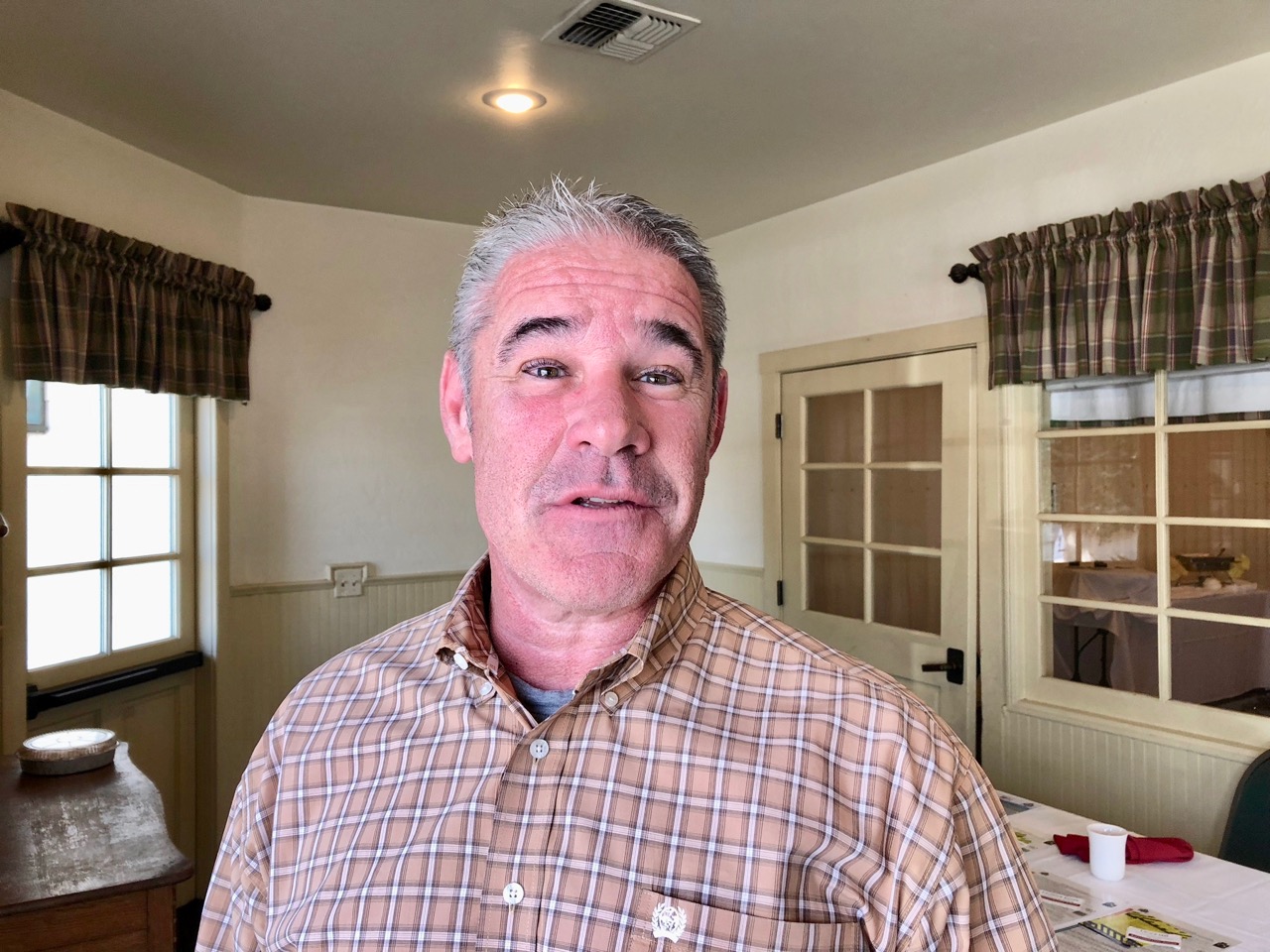Agriculture Labor Relations Board Carries Strong Bias, Expert Says
Michael Saqui: UFW and ALRB Are In Bed Together
By Mikenzi Meyers, Associate Editor
The Agriculture Labor Relations Board (ALRB), initially created by the Agricultural Relations Act, is a group designed to adhere to the well-being of farm workers. However, Michael Saqui, principal at the Saqui Law Group, carries a strong opinion in regards to this group. Saqui is an employer’s attorney on wage and hour, wrongful termination, labor relations, and employment litigation, just to name a few.
According to Saqui, “The ALRB has been set up for and by the United Farm Workers since its inception, and it continues more open today. In fact, they do less hiding of their bias than they have ever before … They’re emboldened by the fact that they are so unfair, and they almost dare you like most in the agricultural industry.”
Initially, the history of the Agricultural Labor Relations Act involved a great amount of grower input. When the UFW or any other farm union files a petition for representation, the election used to occur within seven days; however, producers pushed that it be changed to 48 hours.
“That was something proposed by the growers because they didn’t want crops rotting in the fields,” Saqui said.
“I practice before [ALRB] every week, and it’s surprising that farmers don’t sit on the board as they should.”














